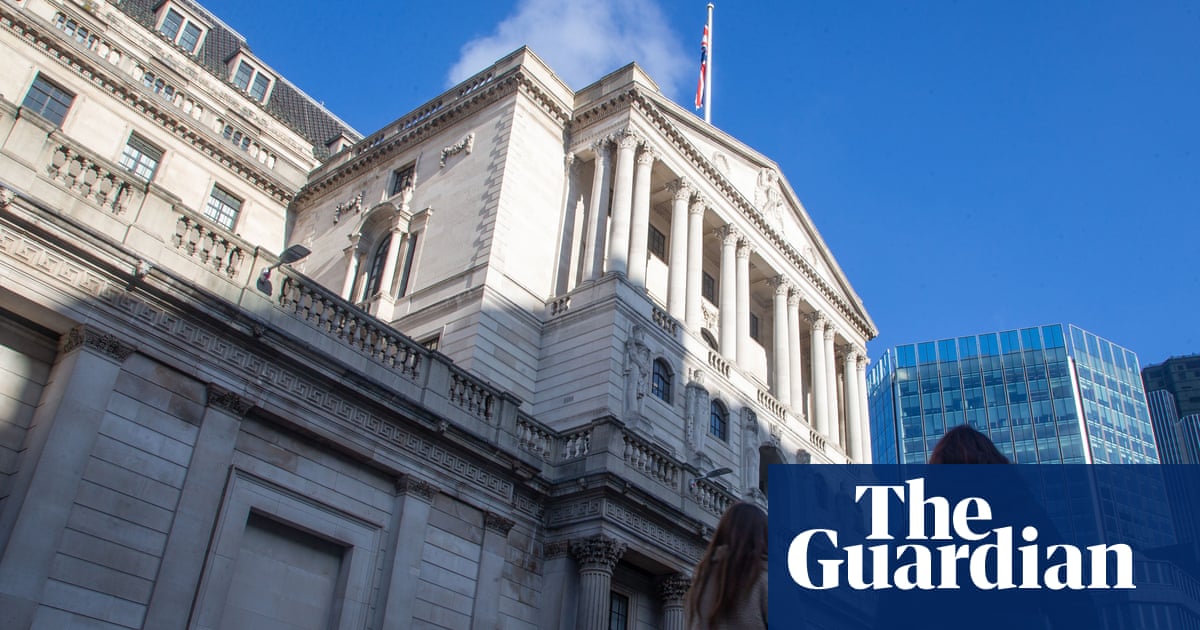Tax campaigners have joined retailers in urging the UK government to close a tax loophole to prevent a “massive influx” of cheap goods from companies such as Shein and Temu flooding the market.
It comes after the EU said it was joining the US in phasing out an exemption on customs duties for low-value parcels that has been used by the companies to export goods from China cheaply.
The rule changes are seen as likely to hit trade into the EU and US by marketplaces such as Shein, prompting a report by Reuters that the online seller will have to cut the valuation of its hoped-for London stock market listing to $50bn (£40bn), about 20% below previous expectations.
Paul Monaghan, the chief executive of the Fair Tax Foundation, said that in the light of the rule changes in the EU and US, the UK “can expect a massive influx of even more Shein and Temu products”, unless action was taken. “The government needs to tighten the gaping UK VAT and import tax loopholes as soon as possible to protect consumers and keep the high street alive.”
Andy Higginson, the chair of fashion retail group JD Sports, said the government should close the loophole to ensure there was a “level playing field” for all retailers in the UK.
“We don’t want anyone to have an unfair advantage,” he said. “There is also a moral case for paying tax in the UK if you are taking money from UK consumers and to contribute to schools and roads and other things.”
Andrew Goodacre, at the British Independent Retailers Association, said it had already raised the issue with the government, arguing that “the UK government must follow suit” after the US and EU rule changes.
“For a government ‘pleading poverty’ it seems crazy to miss out on a huge income opportunity by charging duty on millions of products that contribute nothing for the UK economy – all the money goes out of the UK,” he said.
Julian Dunkerton, the boss of the fashion retailer Superdry, also called on the government to rejig the rules, which he said were designed to help small companies and individuals import items and not meant to apply to large operators such as Shein.
He said the rules needed to be adapted so that those sending thousands of parcels worth, in total, a large amount of money each year would be subject to different tax rules.
“This is not about every small parcel being challenged, but consolidating people who go over a certain amount,” he said. “It would be very painful for a very small company, say in France, to be subject to tax on every time.”
Simon Roberts, the boss of Sainsbury’s and Argos, the Next boss Simon Wolfson and Theo Paphitis, the owner of the UK retailers Ryman and Robert Dyas, have previously called for the government to change the rules.
after newsletter promotion
Donald Trump has said he will eliminate the US’s current $800 “de minimus” limit under which customs duty is not payable for goods coming from China, and potentially Canada and Mexico.
The EU has also said it is moving forward with plans to ditch its €150 (£126) threshold for import duty. In the UK, the threshold for import duty is £135, while items valued at £39 or less also do not attract import VAT.
Brad Ashton, the customs and international trade partner at the advisory company RSM UK, said: “If these goods aren’t being imported into the US, other jurisdictions, such as the EU and UK, could see an increase in cheap goods flooding the market.”
He added that the threat of 10% tariffs on Chinese goods imported into the US may also affect UK retailers if stock is made in China but fulfilled and shipped from the UK. “The goods will still be subject to tariffs due to the origin of the goods which could present a double blow to UK retailers,” he said.
An HM Treasury spokesperson declined to comment on whether any changes to UK rules were being considered. “Our customs and tax regime balances reducing burdens for businesses and consumers buying lower-value goods from overseas with the interests of UK businesses,” the spokesperson said.
Article by:Source: Sarah Butler













